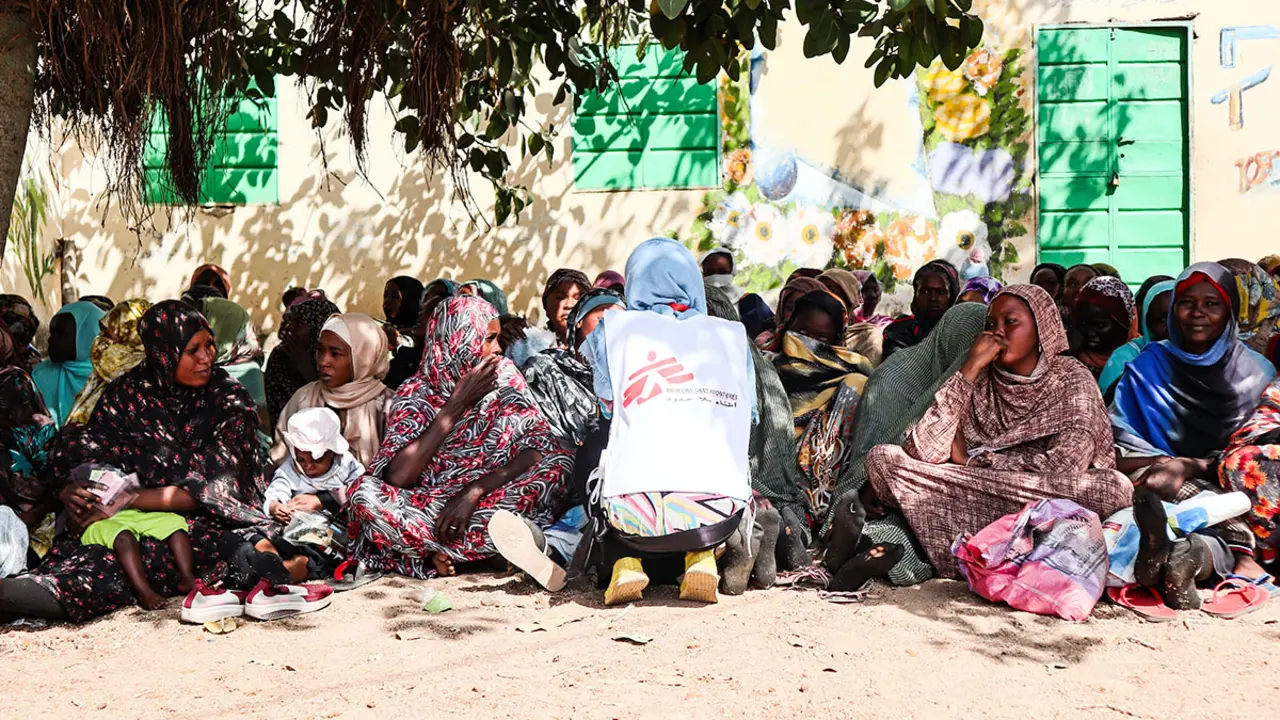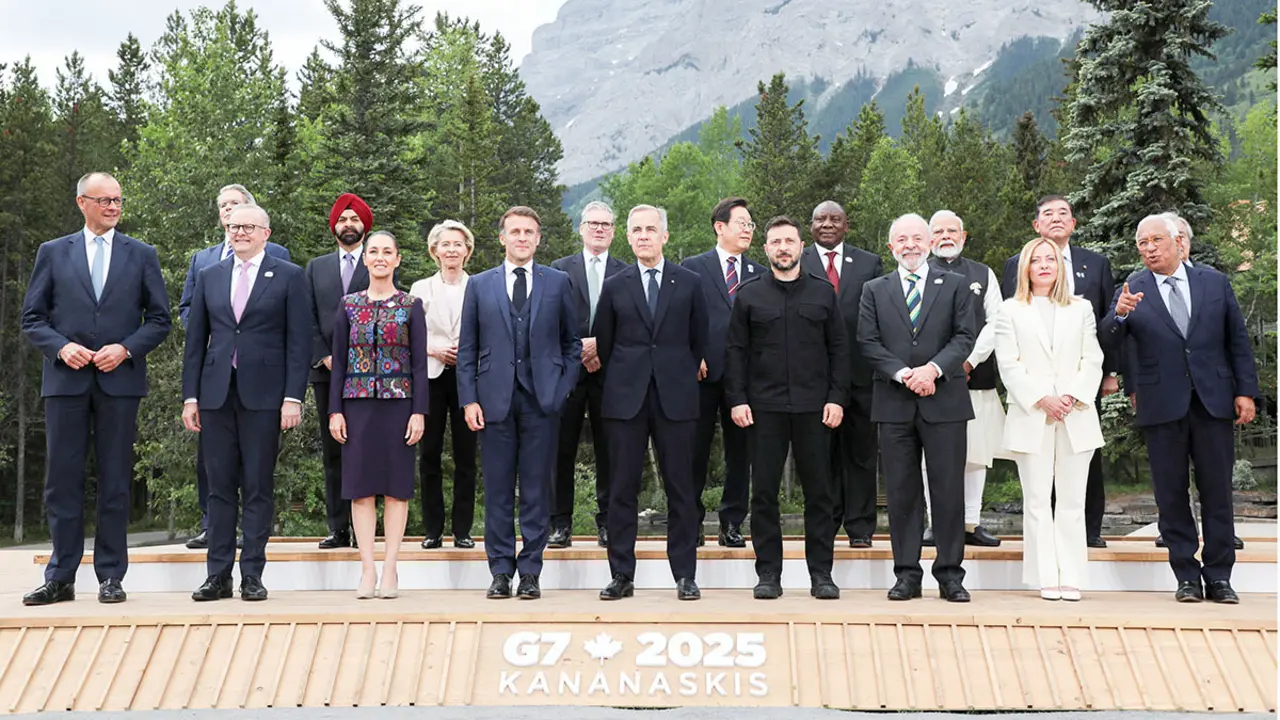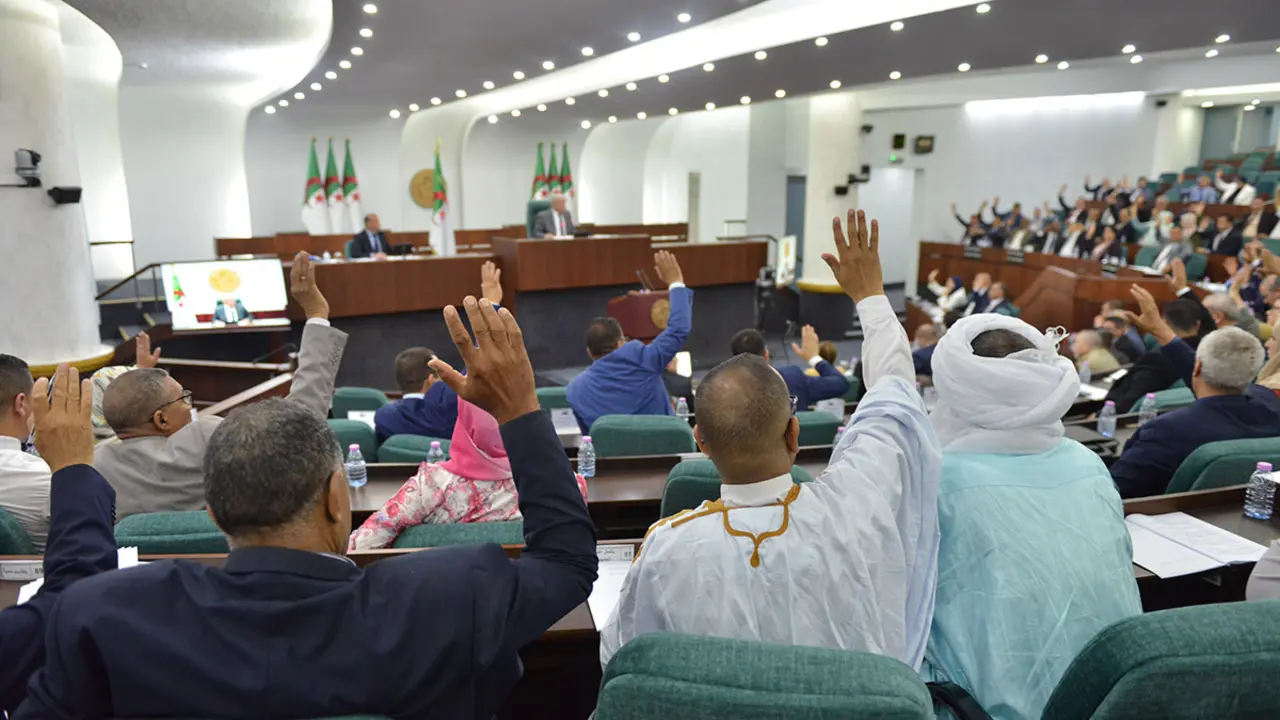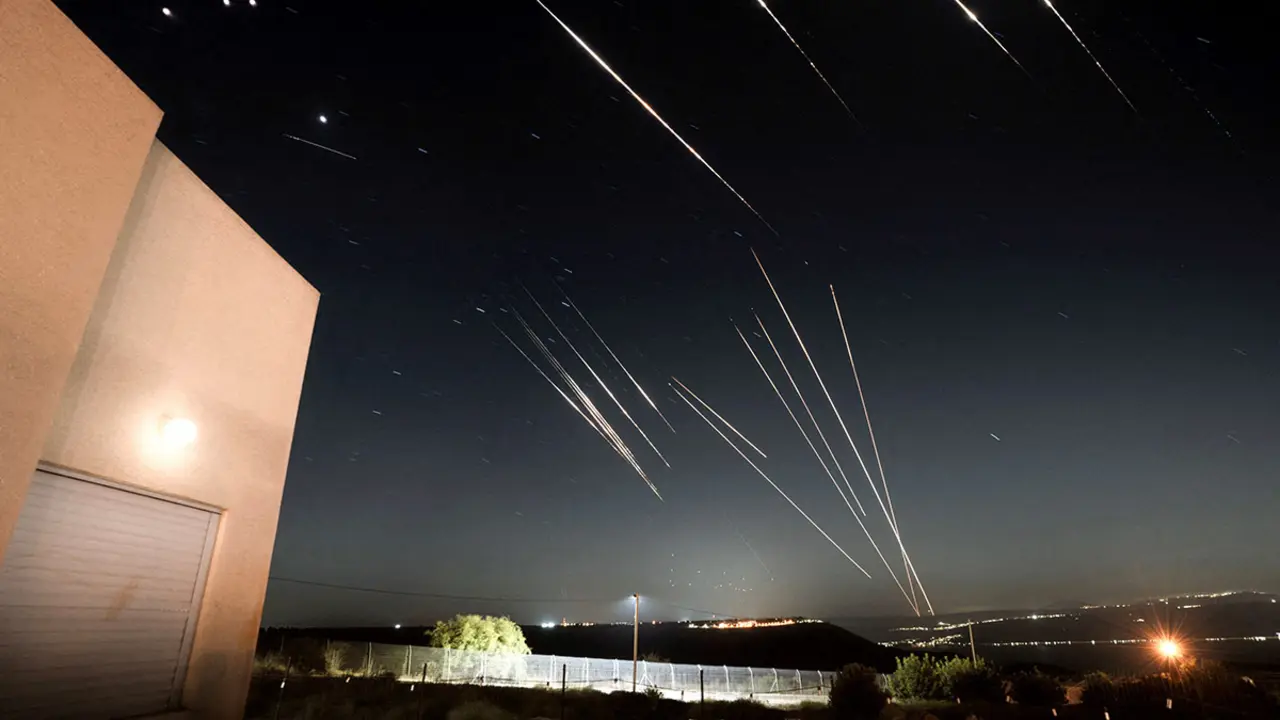The collective of the natives of the former Spanish Sahara sends a letter of protest to the Ministry of Justice

The group of people from the former Sahara have sent a letter of protest to the Ministry of Justice regarding the Supreme Court's ruling last May denying Spanish nationality to people born in the Spanish African colony located in what is now Western Sahara. The full statement follows:
With the greatest respect and consideration, we, the members of the collective of the natives of the former Spanish Sahara, in our name, and in the name of all our people, wish to express our deepest discontent and our total disagreement with Ruling 207/2020 of 29 May 2020, handed down by Chamber Ill of the Supreme Court, in which it denies Spanish nationality to the natives of the former Spanish Sahara, as it has no precedent and is not in accordance with the law.
The Supreme Court itself has been issuing rulings for over 44 years in which it recognises that the Spanish nationality of the Saharawis is of origin. In this latest ruling, the Supreme Court itself - with all due respect - incurs a huge contradiction in acting against its own actions. Both doctrine and jurisprudence recognise that the Spanish nationality of the natives of the Spanish Sahara is a nationality of origin and has been recognised as such throughout the ages. It is a consolidated nationality.

Spain's presence in Western Sahara began in 1884, when Emilio Bonelli Hernando took possession of the Rio de Oro peninsula, which he called Villa Cisneros in the name of the Kingdom of Spain. By Royal Decree of 10 July 1885, Emilio Bonelli was appointed Royal Commissioner of Spanish West Africa (A.O.E.).
It is logical and natural that Spain's long presence in Western Sahara should give rise to an inexorable historical reality and an undeniable legal link, and it is therefore inconceivable that the latest ruling issued by the Supreme Court on 29 May 2020, in which it denied Spanish nationality to those born in Spanish Sahara, should be based on the fact that the Sahara was never Spanish. This ruling has no precedent.
From 1884 to 1958, Western Sahara lived a long colonial period under the jurisdiction, laws and rules emanating from the Spanish general legal system, which were generally applicable to all inhabitants: peninsula, Canary Islands and Saharans, all held Spanish nationality without distinction.
In 1958, by Decree of 10 January, Western Sahara became the 53rd Spanish province. In the preamble to the laws and regulations promulgating its provincialisation, it is literally stated that it is such a Spanish province, without any distinction, of course respecting its peculiarities - as is natural, its inhabitants fall squarely within the scope of the Spanish general legal system, like all other Spanish provinces. Laws, decrees, regulations and ministerial orders are promulgated and published in the BOE.
The province is provided with all the services, institutions, Social Security, respective administrations, representations in the Spanish Parliament with their corresponding attorneys, local administration (Town Halls, Town Councils, Local Minor Entities, etc.), military corps, police, municipal police, etc... On 28th February 1976 the Spanish Administration withdrew from the Sahara (Province). By Royal Decree 2258/76 of 10 August, Spanish nationality was granted as an option to those born in the Spanish Sahara.

From 1976 until today, that is to say, for almost half a century (44 years), our Spanish nationality has been recognised by all the different bodies of the Spanish Administration of Justice: Courts of First Instance, Provincial Courts, National Courts and the Supreme Court itself in numerous judgements, among others, the Judgement of the Supreme Court n° 1026/1998 of 28/10/98. Royal Decree 2258/1976 of 10 August concerning the option of Spanish nationality for nationals of the Spanish Sahara only recognises a pre-existing right, since the nationals of the Spanish Sahara were already Spanish long before 1976 and the aforementioned Royal Decree.
The Spanish Saharawis, like their parents, grandparents and great-grandparents, devoted their lives to the ranks of the Spanish army and the Spanish civil service in the Sahara, and some still live off it, as they continue to receive their pensions or passive assets from the Spanish administration, whether military or civilian. The Spanish nationality of the natives of the Spanish Sahara is not an acquired right but an inherent one, as it has been transmitted from generation to generation for several generations. Decision 217/2020 of 29 May 2020, which denies Spanish nationality to people from the Spanish Sahara, is completely illogical. It has no precedent. It is the denial of historical reality and legal legality. In our opinion, with all due respect to this High Court, there is no human reason for the application of statelessness to the natives of Spanish Sahara, when they have never known any other nationality than Spanish.
Article 14 of the Spanish Constitution, which enshrines the principle of equality, states
All Spaniards are equal before the law, without distinction of race, religion, place of birth, sex...
If Filipinos, Ecuadorians, Cubans, or Sephardic Jews, because of their historical link with Spain, have the right to Spanish nationality, it is a great injustice and discrimination to deny the same right to those born in the Spanish Sahara, since their link with Spain lasted much longer and was maintained until 1976. For all of the above reasons, we trust in the justice of a State governed by the rule of law, so that the waters return to their course, correcting the error made in this ruling and recognising the law and historical reality.










